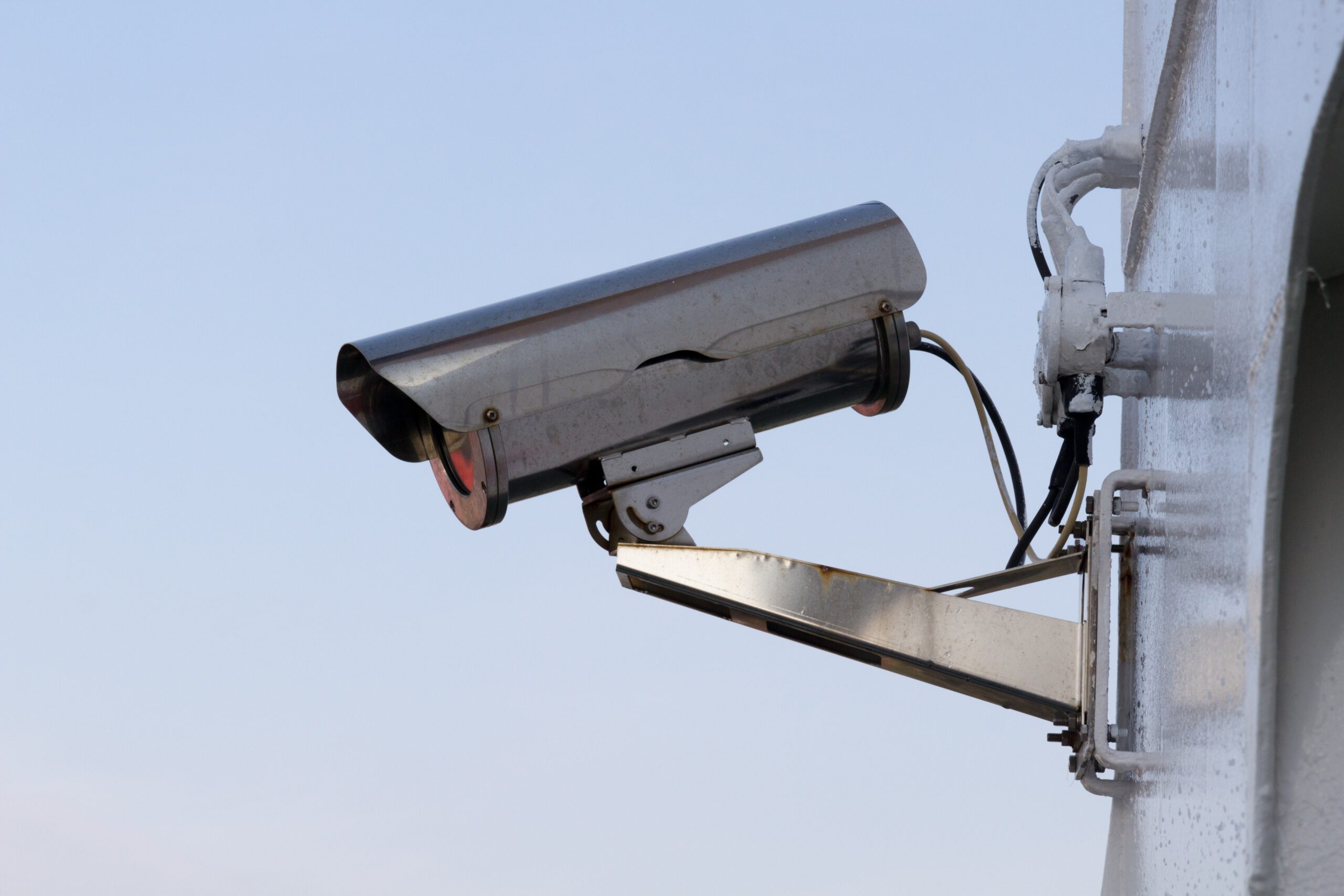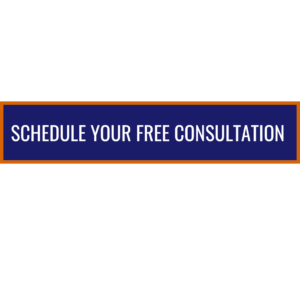
How Surveillance Footage Can Impact Your Personal Injury Claim
Personal injury claims often rely on evidence to establish the extent of injuries, liability, and the impact on the victim’s life. One powerful form of evidence that can significantly impact the outcome of a personal injury claim is surveillance footage. In this blog post, we’ll explore how surveillance footage can play a crucial role in personal injury claims and why it’s essential for both claimants and defendants to understand its implications.
Types of Surveillance Footage
Surveillance footage can take various forms, including:
- Security Cameras: Footage from security cameras in public places, businesses, or private properties can capture accidents or incidents.
- Dashcams: Some vehicles are equipped with dash cameras that record the road ahead. These can capture accidents or near misses.
- Bodycams: Law enforcement officers often wear body cameras, which can provide a first-person perspective of incidents.
- Private Investigators: In some cases, insurance companies or defendants may hire private investigators to conduct surveillance on claimants.
Ways Surveillance Footage Can Impact a Personal Injury Claim
- Evidence of Liability: Surveillance footage can provide clear evidence of how an accident occurred and who was at fault. For example, in a car accident case, dashcam footage can show whether one driver ran a red light or failed to yield the right of way.
- Severity of Injuries: Footage can also reveal the severity of injuries. If a claimant is seen engaging in physical activities that should be impossible given their reported injuries, it can undermine their claim.
- Consistency of Statements: Surveillance footage can be used to check the consistency of a claimant’s statements. If a claimant reports being unable to perform certain tasks due to their injuries but is observed doing those tasks in the footage, it can raise questions about the validity of the claim.
- Impeachment of Witnesses: Surveillance footage can contradict witness statements or provide additional context, potentially impeaching the credibility of witnesses.
- Insurance Fraud Prevention: Insurance companies use surveillance to prevent fraud. If they suspect a claimant is exaggerating or fabricating injuries, they may hire investigators to gather evidence.
- Settlement Negotiations: The existence of surveillance footage can significantly impact settlement negotiations. If strong evidence exists against a claimant, it may lead to lower settlement offers.
- Trial Evidence: If a case goes to trial, surveillance footage can be presented as evidence to support or refute claims made by both parties.
Legal and Ethical Considerations
It’s important to note that the use of surveillance footage is subject to legal and ethical considerations:
- Privacy Laws: Laws regarding the use of surveillance cameras and privacy rights can vary by jurisdiction. It’s crucial to ensure that surveillance was conducted legally.
- Disclosure: In some jurisdictions, there may be requirements for parties to disclose the existence of surveillance footage to the opposing side during the discovery process.
- Ethical Conduct: Investigators and attorneys must conduct surveillance ethically and within the bounds of the law. Activities that invade a claimant’s privacy or harass them are generally prohibited.
Surveillance footage can have a substantial impact on the outcome of personal injury claims. Claimants should be aware that their actions may be subject to surveillance, and it’s crucial to be truthful and consistent when pursuing a claim. Defendants, including insurance companies, must use surveillance ethically and within the confines of the law. Ultimately, the presence of surveillance footage underscores the importance of honesty, accuracy, and transparency throughout the personal injury claims process.
A personal injury lawyer can help you understand your legal options and negotiate a fair settlement on your behalf. Click here to schedule a free consultation with one of our skilled California lawyers to learn more about your options. Or call our offices at 707 549 8166.

